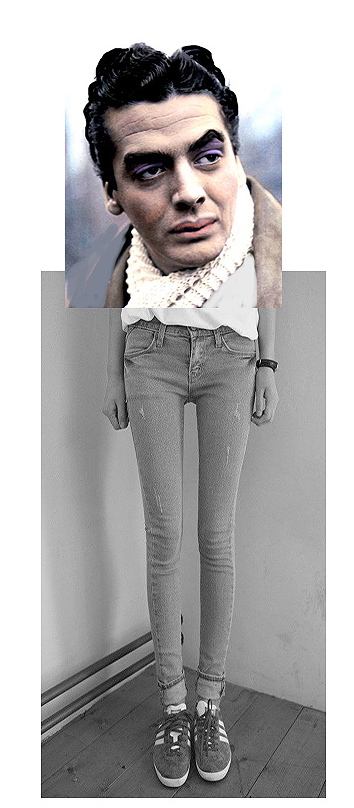I found an Amazon review of this wonderful DVD set that so accurately reflects my own thoughts that I think I'll open with an abridged version of it. The reviewer wrote:
"I needed another adaptation featuring Sherlock Holmes about as much as I needed a full frontal lobotomy. I patently refused to accept this new BBC adaptation and refused to watch it--but I relented (I'm so weak willed) and now, hat in hand, I repent. This glorious updating is fast, smart, and riveting entertainment. What an idiot I would have been to miss it!"
"Set in contemporary London, "Sherlock" modernizes three classic mysteries. Episode One is "A Study In Pink" and, by itself, it is an absolutely perfect film. The way the murder is introduced, the stellar screenplay, the ingenious play on familiar characters, the droll humor, the emotional resonance, and the technological innovation to update this tale all work in perfect harmony to create an unforgettable re-imagining of Sherlock Holmes."
"Benedict Cumberbatch turns in a star making portrayal as Holmes. Cumberbatch, with his unorthodox appearance, has always stood out for me--but this is easily his most memorable performance.'
"But surprisingly, it is Watson who is the real revelation here. Martin Freeman brings incredible depth as a war veteran who is alternately awed and frustrated by Holmes. While the banter is devised for maximum cleverness, there are real characters in "Sherlock." While Richie's cleverness led to a "too cool for school" vibe, the BBC version has actual emotional consequence by fully fleshing out the lead characters....[This] ranks with the best. KGHarris, 11/10."
Well said, K. G. Harris! I'll simply add that this BBC treatment also gives full vent to the philosophical side of Conan Doyle's creation. Sherlock can do what he does, not only because he has brains, but because he's able to screen out distractions and focus entirely on the problem at hand.
Can he do that because he has Aspergers? The screenwriters might have thought so, but I'm not so sure. My impression of Aspergers is that it gives focus but denies perspective. It wastes focus by attaching it to what are trivial ends. That doesn't gel with what we know about Holmes. One of his greatest strengths is exactly that he does know what's important. The screenwriter also has Holmes say that he's a high functioning sociopath, but I don't buy that either.
How much focus any of us ordinary people can give to an intellectual task isn't really known. If we were disciplined to do that from an early age, that would no doubt help, but we all have the suspicion that too much prodding would be harmful. It's hard to know how much is too much. Besides, even if we wanted to do that for our kids, how would we go about it? No institution is geared for that.
One more observation: I like the music in this series. I'm always interested to know what I believe to be the hidden emotional messages in music (sans lyrics), so I ask myself what the Sherlock music is saying. Unexpectedly, it seems sad. What I'm hearing is "You wanted this, and now you've got it. Feel the exhilaration of being truly human and accept the tragic outcome."
The title graphics that overlay the opening music carry a message of their own. First we see (above) the modern London skyline, replete with Ferris wheel. It's very tranquil, though the monochrome adds a dissonant note.
After that we see Piccadilly Square and Soho, and the traffic races ahead in fast motion. That and the montage of scientific close-ups that follow make us feel that we're seeing London as the dangerous place it really is, through the eyes of some extraordinarily perceptive person. Later in one of the stories somebody says something like, "The rest of us shuffle around the city and see only shops and cars. He looks around and sees a battleground." Yikes!
*************
BTW, a friend asked if he should get this collection for his 12 year old niece since one of the episodes involves a dominatrix. My answer was a loud "yes!" The positive messages in this series easily outweigh the negative. Also, twelve is the last age where kids would consider watching or reading something recommended by their uncle. After that they care only about what their peers think.




















































